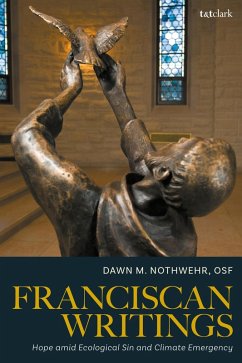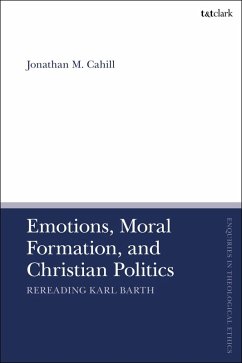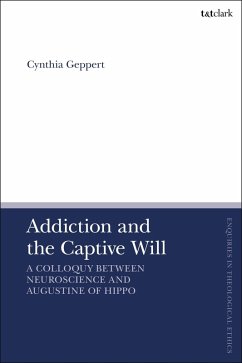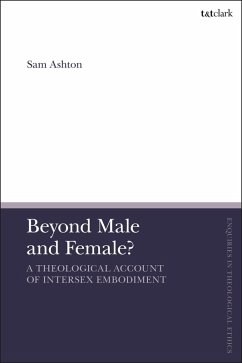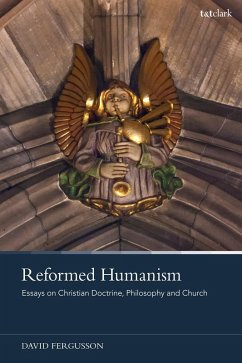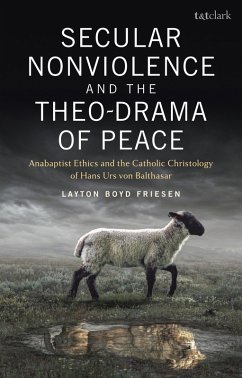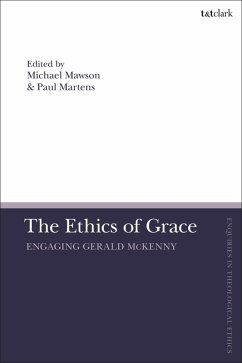
Of Modern Extraction (eBook, ePUB)
Experiments in Critical Petro-theology
Versandkostenfrei!
Sofort per Download lieferbar
24,95 €
inkl. MwSt.
Weitere Ausgaben:

PAYBACK Punkte
12 °P sammeln!
Predominant climate change narratives emphasize a global emissions problem, while diagnoses of environmental crises have long focused a modern loss of meaning, value, and enchantment in nature. Yet neither of these common portrayals of environmental emergency adequately account for the ways climate change is rooted in extractivisms that have been profoundly enchanted. The proposed critical petro-theology analyzes the current energy driven climate crisis through critical gender, race, decolonial, and postsecular lenses. Both predominant narratives obscure the entanglements of bodies and energy:...
Predominant climate change narratives emphasize a global emissions problem, while diagnoses of environmental crises have long focused a modern loss of meaning, value, and enchantment in nature. Yet neither of these common portrayals of environmental emergency adequately account for the ways climate change is rooted in extractivisms that have been profoundly enchanted. The proposed critical petro-theology analyzes the current energy driven climate crisis through critical gender, race, decolonial, and postsecular lenses. Both predominant narratives obscure the entanglements of bodies and energy: how energy concepts and practices have consistently delineated genres of humanity and how energy systems and technologies have shaped bodies. Consequently, these analytical and ethical aims inform an exploration of alternative embodied energies that can be attended to in the disrupted time/space of energy intensive, extractive capitalism.





